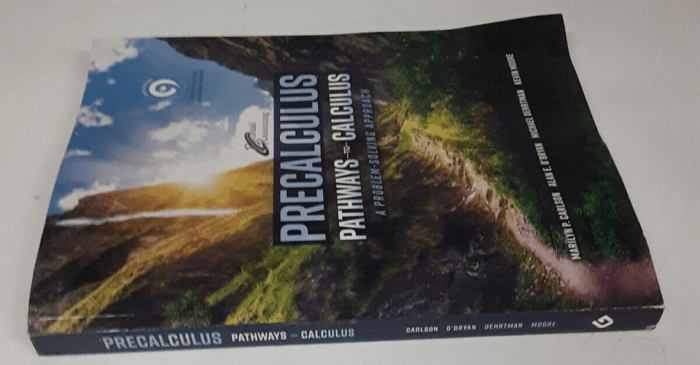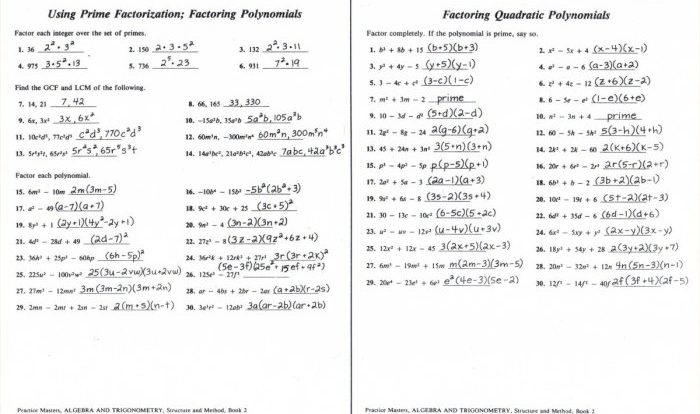Navigating the intricacies of cyber high final exam answers, this comprehensive guide unravels the ethical and academic implications surrounding this topic, empowering students with the knowledge and strategies to excel in their exams with integrity.
Delving into the various methods of acquiring exam answers, the guide explores the ethical and legal ramifications associated with each, ensuring students make informed decisions that uphold academic honesty.
Definition and Significance: Cyber High Final Exam Answers
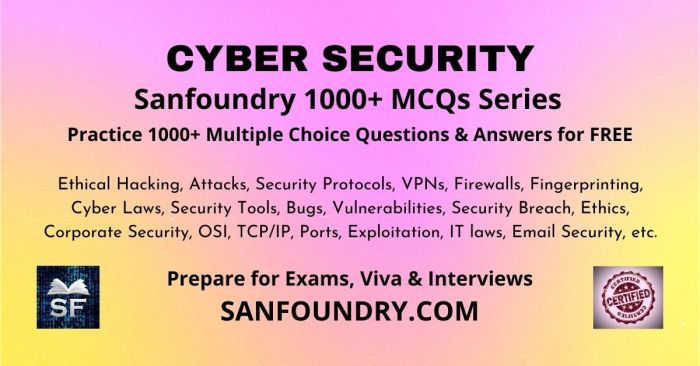
Cyber high final exam answers refer to solutions and responses to questions featured in the final examination conducted by an educational institution through online platforms. These answers are sought by students to assess their understanding of the subject matter and prepare effectively for the exam.
Cyber high final exam answers hold great importance for students as they provide valuable insights into the exam format, question patterns, and difficulty level. By accessing these answers, students can identify areas requiring additional focus and fine-tune their preparation strategies.
Methods of Acquiring Answers
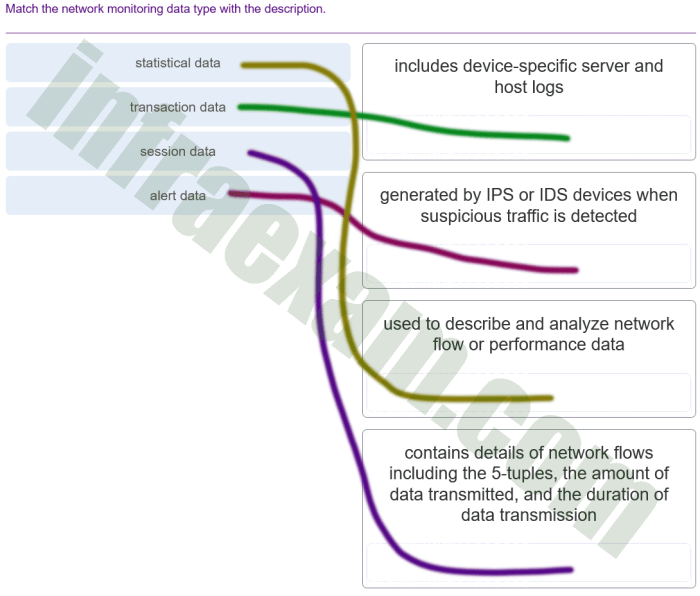
Students employ various methods to obtain exam answers, ranging from legitimate strategies to questionable practices. Understanding these methods and their ethical and legal implications is crucial for maintaining academic integrity and fairness.
Collaboration
Collaboration, when conducted ethically, involves students working together to solve problems or understand concepts. However, unauthorized collaboration, such as sharing exam answers or working together during individual assessments, violates academic honesty.
Cheating
Cheating refers to any unauthorized or dishonest means of obtaining exam answers, such as using cheat sheets, electronic devices, or communicating with others during the exam. Cheating undermines the integrity of the assessment process and devalues the efforts of honest students.
Finding the answers to your Cyber High final exam can be a bit of a catastrophe, but there are resources available to help. For example, you can search for words that begin with cata to find websites that offer study guides and practice questions.
With a little preparation, you can ace your Cyber High final exam and avoid any catastrophic consequences.
Plagiarism
Plagiarism involves copying or presenting someone else’s work as one’s own. In the context of exams, plagiarism may occur when students submit answers that have been copied from textbooks, websites, or other sources without proper attribution.
Consequences of Using Unauthorized Answers
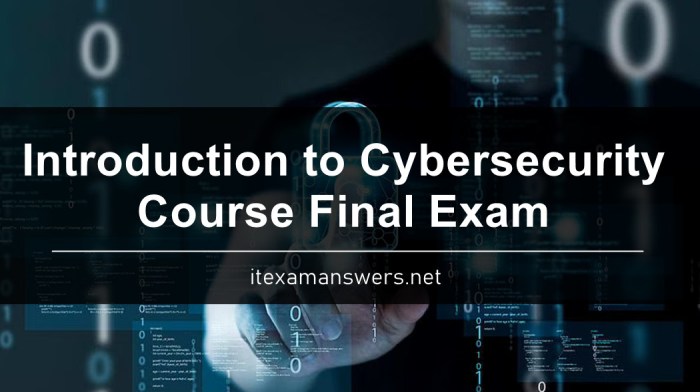
Using unauthorized answers in an exam can lead to severe academic consequences. It undermines the integrity of the educational system and devalues the hard work of students who prepare diligently for their exams.
Impact on Academic Standing
- Failing the Exam:Students caught using unauthorized answers may fail the exam, resulting in a lower grade or even course failure.
- Academic Suspension or Expulsion:In extreme cases, repeated instances of unauthorized answer use may lead to academic suspension or even expulsion from the institution.
Impact on Learning and Integrity
Beyond academic consequences, using unauthorized answers has detrimental effects on students’ learning and personal integrity.
- Lack of Understanding:By relying on unauthorized answers, students deprive themselves of the opportunity to learn and understand the material thoroughly.
- False Confidence:Students who use unauthorized answers may develop a false sense of confidence, believing they know the material when in reality they do not.
- Erosion of Integrity:Cheating undermines students’ personal integrity and erodes their trust in themselves and others.
Strategies for Ethical Exam Preparation
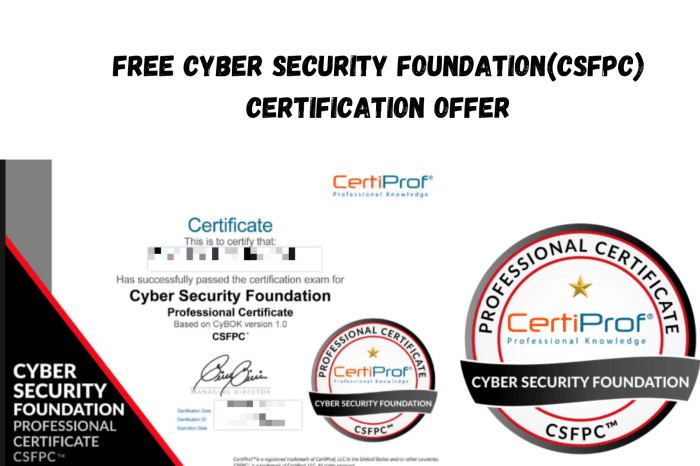
To promote ethical behavior during exams, students must prioritize effective exam preparation that fosters critical thinking and problem-solving skills. By understanding the material thoroughly, students can minimize the temptation to rely on unauthorized answers.
Developing Critical Thinking and Problem-Solving Skills
Students should engage in active learning strategies to enhance their understanding. This includes:
- Regularly reviewing course materials and attending classes.
- Practicing solving problems and answering questions independently.
- Seeking clarification from instructors or peers when needed.
By developing a strong foundation in the subject matter, students become more confident in their ability to approach exams ethically.
Role of Educators and Parents
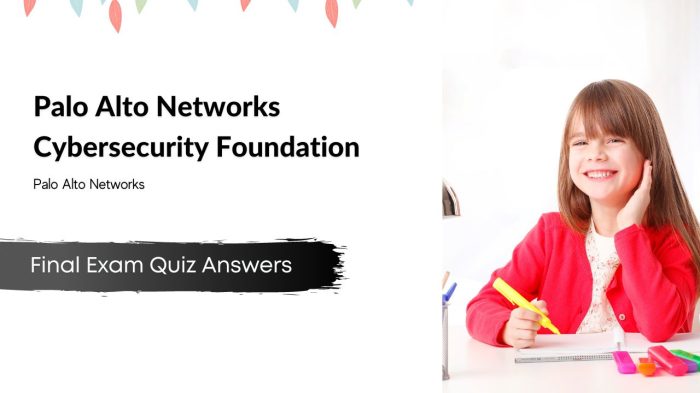
Educators and parents play crucial roles in preventing and addressing exam cheating. They can foster a culture of academic integrity and encourage ethical exam preparation.
Strategies for Educators
- Set clear expectations and communicate the importance of academic integrity.
- Design assessments that are challenging but fair, reducing the temptation to cheat.
- Use technology to detect and prevent cheating, such as plagiarism detection software and online proctoring.
- Create a classroom environment that encourages collaboration and peer support, rather than competition.
- Provide opportunities for students to ask questions and seek help when needed.
Strategies for Parents
- Encourage open and honest communication with children about the importance of ethical behavior.
- Help children understand the consequences of cheating and the value of hard work.
- Monitor children’s study habits and provide support when necessary.
- Create a home environment that values education and academic integrity.
- Collaborate with educators to support their efforts in promoting academic honesty.
Case Studies and Examples
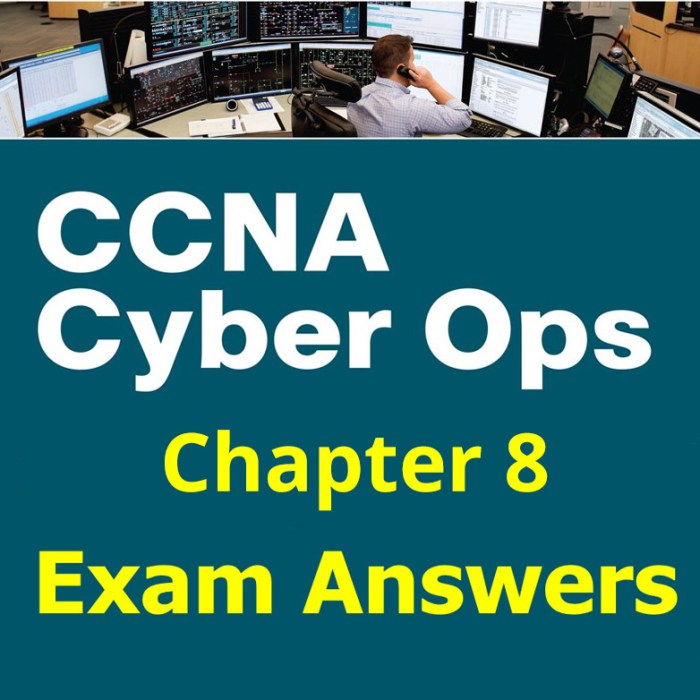
Exam cheating has real-world consequences, as evidenced by numerous case studies and examples. These incidents not only harm individuals but also damage the integrity of educational institutions.
One notable case involved a group of students at a prestigious university who were caught using unauthorized exam answers. The students were expelled from the university and faced criminal charges. The incident sent shockwaves through the academic community and raised serious concerns about the prevalence of cheating.
Impact on Individuals, Cyber high final exam answers
- Expulsion from educational institutions
- Criminal charges
- Damaged reputation
- Loss of trust
- Difficulty securing employment
Impact on Institutions
- Loss of credibility
- Erosion of academic standards
- Increased pressure on educators to prevent cheating
- Need for additional resources to combat cheating
- Damage to the reputation of students and graduates
Key Questions Answered
What are the ethical implications of using unauthorized exam answers?
Using unauthorized exam answers violates academic integrity, undermines the fairness of the exam, and devalues the efforts of those who prepare ethically.
What are the potential academic consequences of using unauthorized exam answers?
Consequences may include failing the exam, suspension, or even expulsion from the educational institution.
How can I effectively prepare for exams without resorting to unauthorized answers?
Attend classes regularly, take thorough notes, study consistently, and seek help from instructors or tutors when needed.
